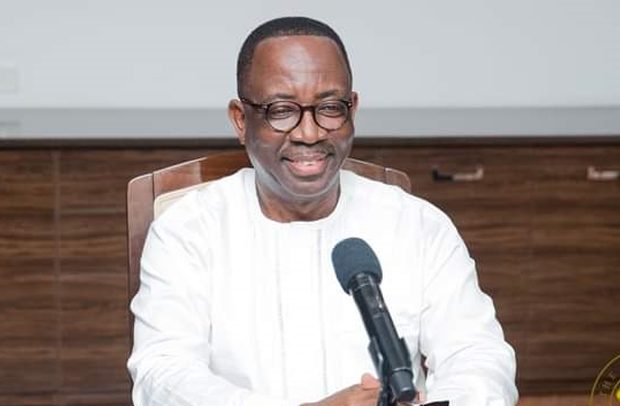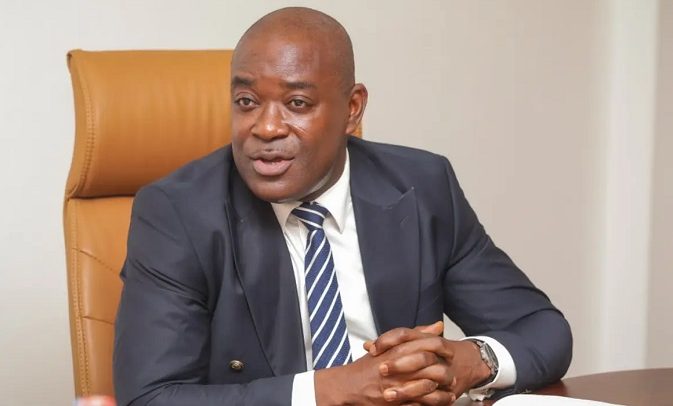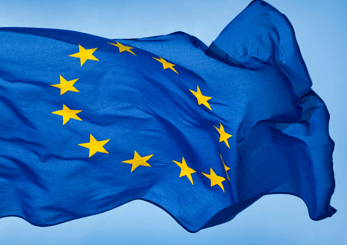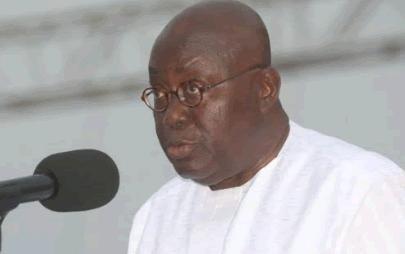
As the African Continental Free Trade Area (AfCFTA) agreement moves forward, civil society organizations are emerging as key players in ensuring its success and inclusivity.
At a recent ECOSOCC-WACSI side event in Accra, experts highlighted the critical role these groups can play in advocating for marginalized communities and promoting inclusive economic growth across the continent.
Nana Asantewaa Afadzinu, Executive Director at the West Africa Civil Society Institute (WACSI), emphasized the importance of grassroots involvement in the trade agreement’s implementation.
“How much of it really is being driven by its people?” she asked, stressing that for AfCFTA to work, it must have widespread citizen participation.
Ms. Afadzinu pointed out that civil society organizations are uniquely positioned to represent the interests of marginalized groups and advocate for inclusive policies.
She highlighted the often-overlooked role of women in cross-border trade, stating, “When it comes to trade on this continent, I can speak even more confidently about West Africa. It’s the women.”
These organizations can also act as watchdogs, ensuring transparency and accountability in the implementation process. “We are looking at ensuring transparency, accountability, and adherence to the principles of fairness and equity in the AfCFTA implementation,” Ms. Afadzinu explained.
Dr. Fareed Kwesi Arthur, National Coordinator of the National AfCFTA Coordination Office, echoed these sentiments. He emphasized that civil society in Africa encompasses a diverse range of organizations, including NGOs, community-based groups, faith-based organizations, academia, labor unions, and advocacy groups.
Mr. Arthur stressed the importance of civil society engagement in the evolution of AfCFTA, stating, “It is crucial to involve all sectors of the population in advocating for the interest and inclusiveness of all sectors of society, including women, farmers, small businesses, big businesses, and marginalized groups.”
Both experts highlighted the need for a multisectoral approach to AfCFTA implementation. Afadzinu noted, “We want to build a multisectoral coalition of facilitators that contribute to building that. Because this cannot be done by our mental health. It can’t be done by the private sector alone. It can’t be done by civil society alone.”
Civil society organizations can also play a crucial role in raising public awareness about AfCFTA and its potential benefits. Arthur emphasized their ability to educate both the public and policymakers, helping to build support for the agreement’s implementation.
The experts also touched on the importance of involving Africa’s youth in the process. With nearly 70% of the continent’s population being young, tapping into their creativity and energy is seen as crucial for driving forward sustainable trade policies.
As AfCFTA moves from negotiation to implementation, civil society’s role is expected to grow. These organizations can advocate for infrastructure development, promote gender equality in trade, and ensure that the agreement’s benefits reach all corners of society.
The post Experts highlight critical role of CSOs involvement in African Trade agreement appeared first on The Business & Financial Times.
Read Full Story














Facebook
Twitter
Pinterest
Instagram
Google+
YouTube
LinkedIn
RSS